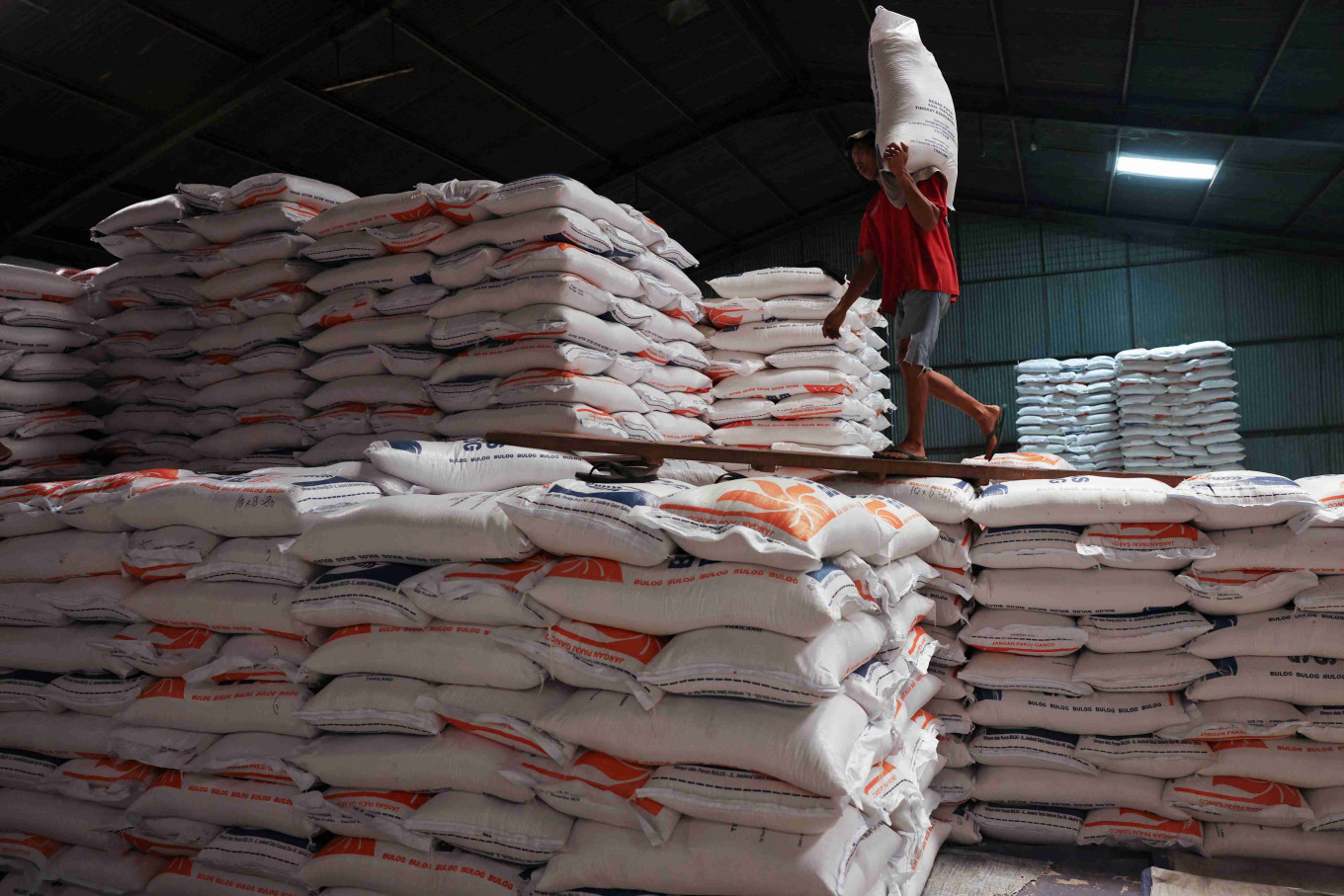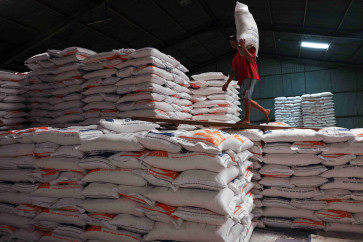Popular Reads
Top Results
Can't find what you're looking for?
View all search resultsPopular Reads
Top Results
Can't find what you're looking for?
View all search resultsForeseeing the potential economic growth risks for this year
The absence of specific policies to protect the middle-income group has caused the current rise in food prices to erode the purchasing power of that group, resulting in a decrease in their spending allocation for secondary and tertiary consumption.
Change text size
Gift Premium Articles
to Anyone
T
he Indonesian economy demonstrated commendable growth of 5.05 percent in 2023, despite the tumultuous challenges posed by the global commodity price slump and the widespread increase in benchmark rates by major nations due to elevated global inflation rates.
The sustained resilience of the economy was underpinned by effective control of inflation, which ended last year at a modest 2.61 percent, comfortably within the targeted range of 2 to 4 percent set by Bank Indonesia (BI). The well-managed inflationary environment limited the central bank's key interest rate, the BI rate, to a modest increase of only 50 basis points.
Looking ahead to 2024, various international organizations such as the International Monetary Fund (IMF), World Bank, and Organization for Economic Cooperation and Development (OECD) predict that the Indonesian economy will continue its resilient growth trajectory amid the looming risks of a global economic slowdown driven by China's slower-for-longer economic performance and the sustained higher-for-longer policy rates in Western countries.
This outlook is further bolstered by Indonesia's successful general election in February, solidifying its position as the world's third-largest democracy. As a result, the cautious wait-and-see approach in investment activities is gradually dissipating.
Yet the question remains whether the Indonesian economy will further fortify its resilience and effectively navigate the challenges and uncertainties presented by the global landscape.
Following the Asian Financial Crisis of 1998, Indonesia has consistently managed to mitigate the impact of external economic pressures. However, this success is largely attributed to the country's economic structure, in which over 50 percent of the gross domestic product (GDP) is contributed by household consumption. This implies that as long as household consumption or domestic demand remains stable, it will be relatively easy for the Indonesian economy to sustain its growth rates.
Despite the overall economic growth of around 5 percent last year, a closer examination reveals that household consumption grew less than 5 percent, specifically at 4.82 percent, falling below the pre-COVID-19 pandemic average growth. Therefore, this situation raises considerable concerns regarding the trajectory of Indonesia's future economic growth.



















